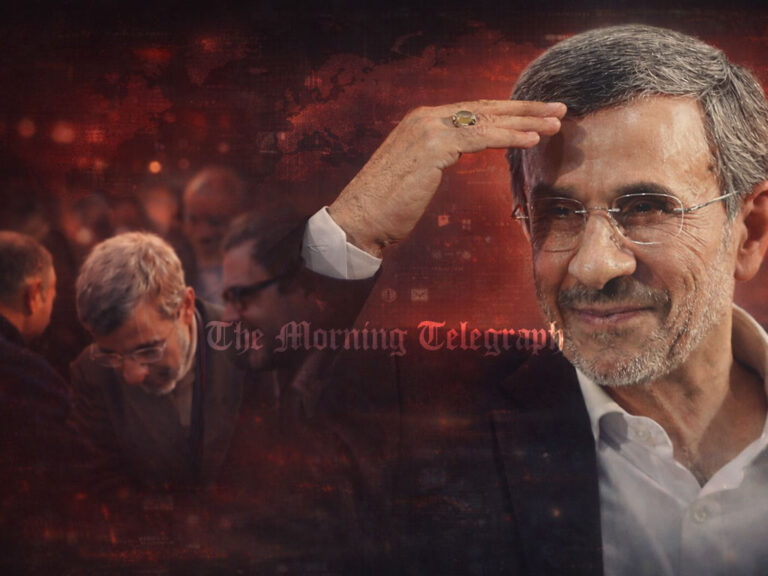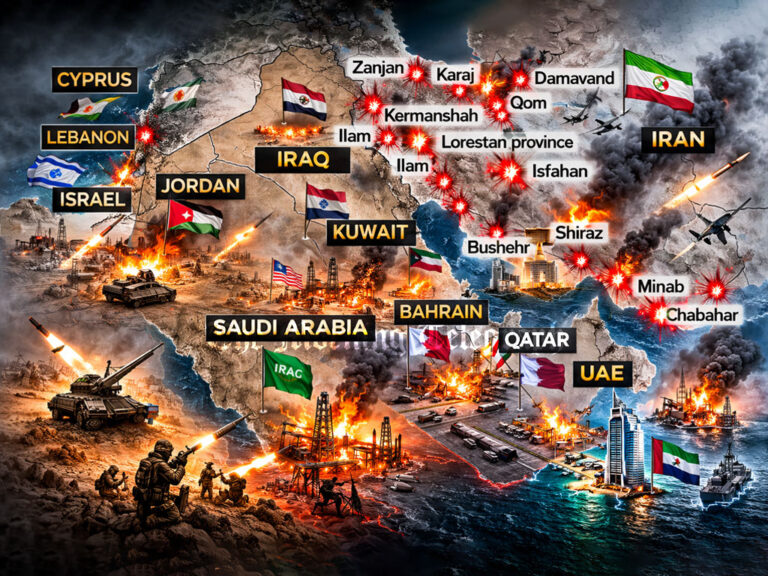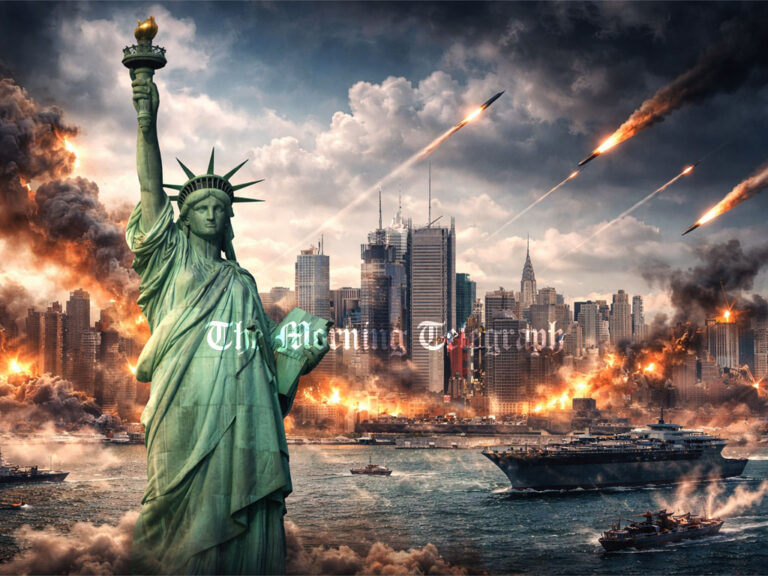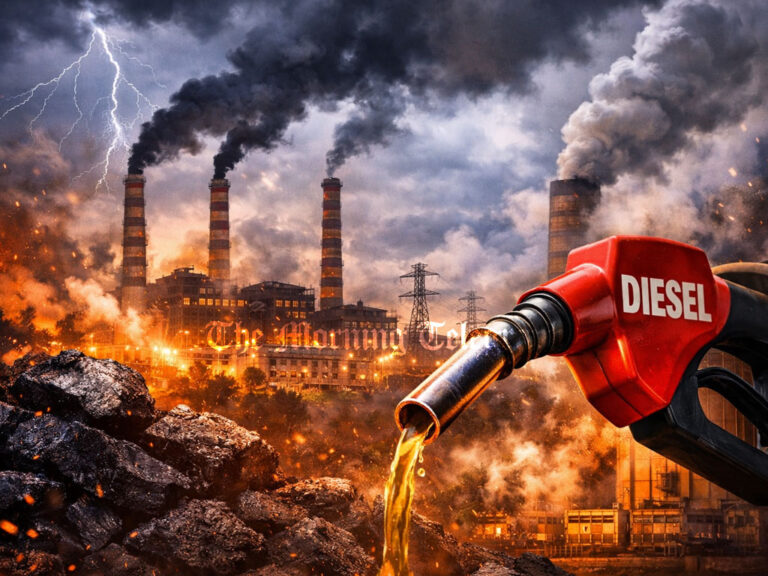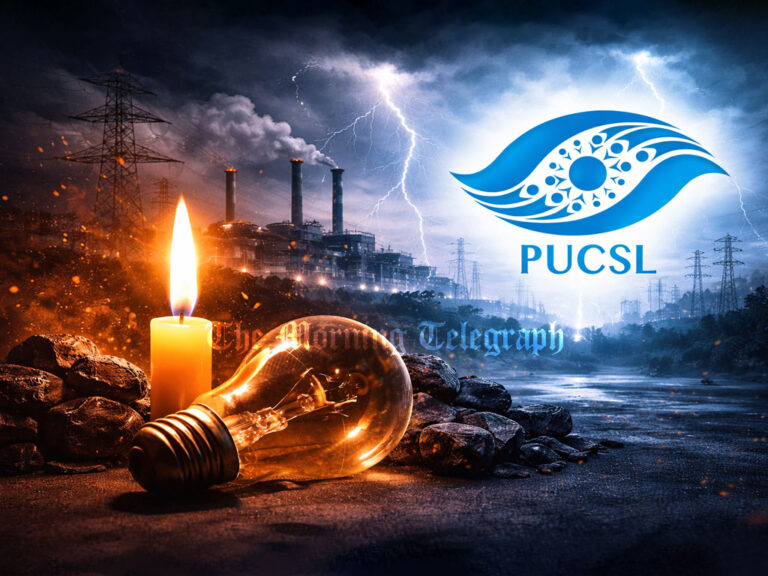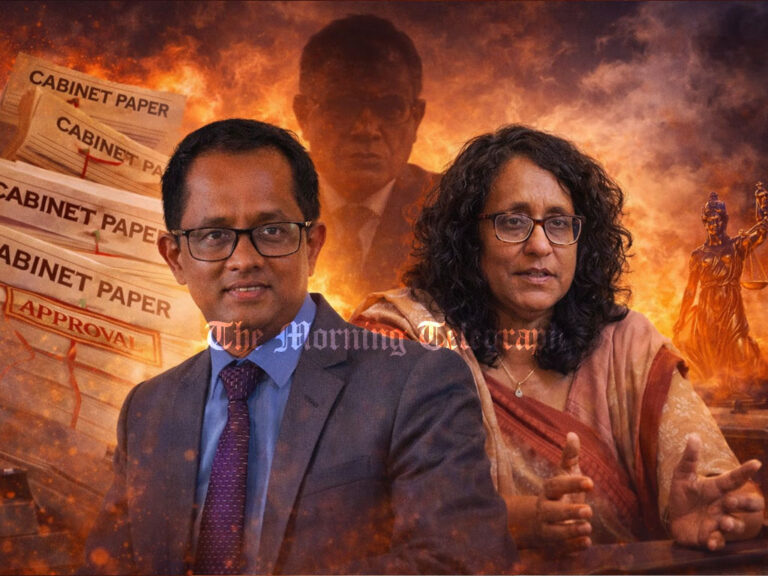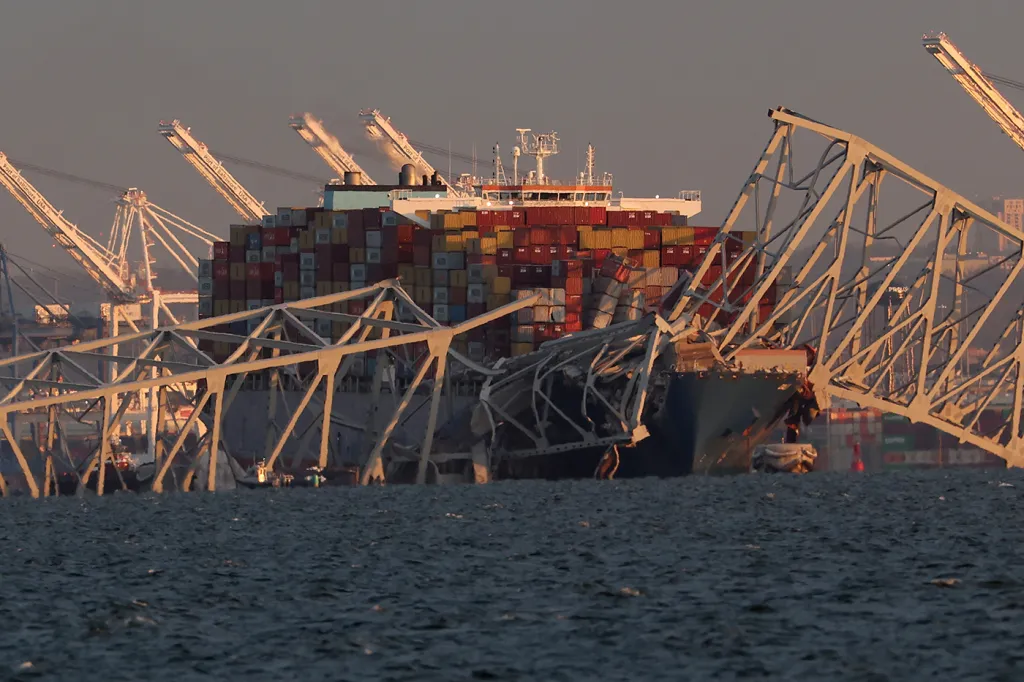
The dramatic collapse of Baltimore’s Francis Scott Key Bridge on Tuesday has not only resulted in a tragic search-and-rescue operation but has also become a hotbed for conspiracy theories, amplifying the divide between fact and fiction in the national dialogue. Far-right commentators and deep state conspiracy theorists have swiftly labeled the incident a “black swan event,” a term initially coined to describe unforeseeable crises with far-reaching effects but now commandeered by conspiracy narratives.
Andrew Tate and Gen Mike Flynn, alongside other notable figures such as Laura Loomer and Alex Jones, have propelled the theory into the spotlight, with some suggesting the collapse was a result of deliberate actions, including cyber-attacks, and signaling the onset of global conflict. Despite their claims, officials maintain that there is no evidence to suggest the crash, caused by a container ship losing propulsion and colliding with the bridge, was terrorism-related or intentional.
This incident has reignited discussions around “black swan events,” a concept popularized by Nassim Nicholas Taleb to describe rare, unpredictable crises and their significant impact on society. In recent times, the phrase has been hijacked by conspiracy theorists who argue such events are manufactured by a so-called deep state to distract from supposed plots against the public.
Experts like Mike Rothschild, who specializes in conspiracy theory analysis, argue that the misuse of the term “black swan event” by conspiracy theorists has diluted its meaning, turning it into a catch-all term for any significant, unexpected event purportedly orchestrated by hidden powers.
The bridge collapse has spurred various unfounded speculations, from attributions of blame to open border policies to diversity, equity, and inclusion hiring practices. Amidst this whirlwind of conjecture, city and national officials, including Baltimore Mayor Brandon M Scott and US Transportation Secretary Pete Buttigieg, have focused on the immediate tragedy and its broader implications on supply chains and infrastructure.
As the world watches, the bridge collapse serves as a somber reminder of the tangible challenges facing society, from ensuring the safety of infrastructure to navigating the complex web of information and misinformation that can proliferate in the wake of such events. The search for truth remains paramount as the community mourns the loss and begins the long process of rebuilding, both physically and in the trust and unity that bind society together.

